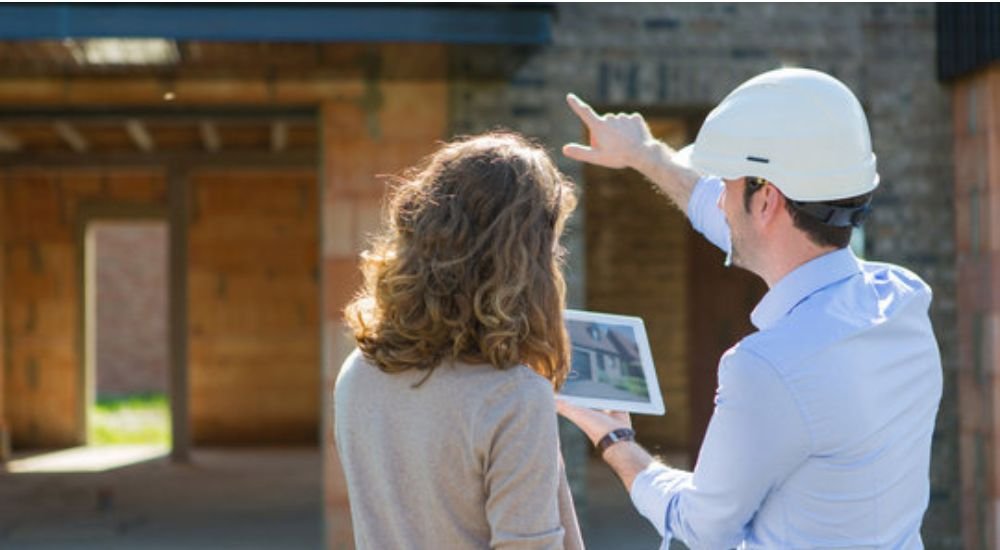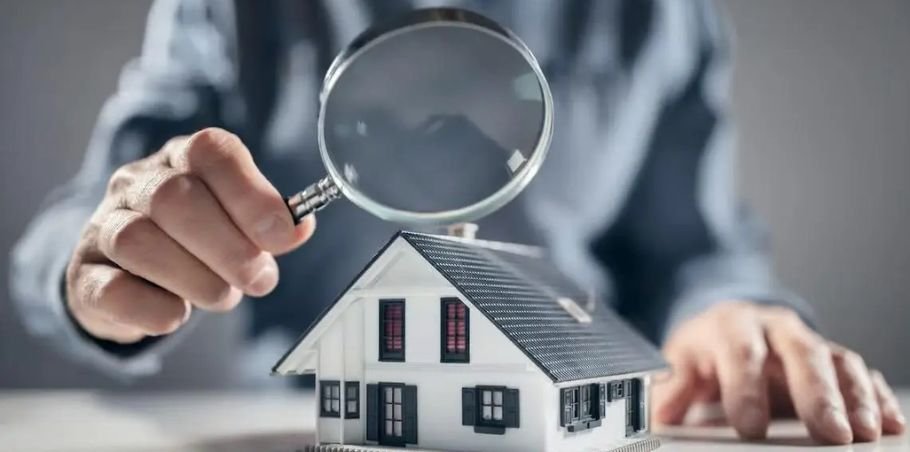Protect Your Investment Why Home Inspections Are Essential
Buying a home is a significant investment, and the last thing you want is unexpected surprises. That’s where home inspections come in. In this article, we’ll delve into the importance of home inspections, what they entail, and how they protect you as a buyer.
What is a Home Inspection?
A home inspection is a thorough examination of a property’s condition. It is usually conducted by a professional inspector who assesses the structural components, electrical systems, plumbing, HVAC, roof, and other critical areas of the home. The goal is to identify any existing or potential issues that could affect the property’s value or safety.
Why Home Inspections are Crucial
A home inspection can save you from costly repairs down the line. By identifying issues early, you can negotiate the price or ask the seller to make necessary repairs. Home inspections can uncover safety hazards like faulty wiring, mold, or structural weaknesses that could pose a danger to you and your family. Armed with the knowledge from a home inspection report, buyers have the leverage to negotiate better terms, whether it’s a lower price or having the seller fix the problems before closing.
Types of Home Inspections
This is the most common type, covering the general condition of the property. Depending on the property’s age and location, additional inspections may be required, such as termite inspections, radon testing, or sewer line inspections.
What Does a Home Inspector Look For?
Structural Issues: Inspectors check the foundation, walls, and overall structure for any signs of damage or weakness.
Electrical Systems: They ensure that the electrical systems are up to code and identify any faulty wiring or outdated panels.
Plumbing Systems: Inspectors look for leaks, water pressure issues, and the condition of pipes and fixtures.
HVAC Systems: They assess the heating, ventilation, and air conditioning systems to ensure they are functioning properly.
Roof and Attic: The roof and attic are checked for leaks, proper ventilation, and insulation.
Basement and Foundation
Inspectors examine the basement and foundation for signs of water damage, cracks, or other structural concerns. This includes the condition of doors, windows, floors, walls, and ceilings.
The Home Inspection Process
Before the inspection, you’ll sign an agreement outlining the scope and limitations of the inspection. The inspector will spend several hours examining the property, taking notes, and photographing any issues. After the inspection, you’ll receive a detailed report highlighting any problems and potential concerns.
Common Issues Found During Home Inspections
These can range from minor cracks to significant foundation issues. Signs of water damage in basements, walls, or ceilings can indicate serious problems. Outdated or faulty wiring poses a significant safety risk. Leaks, clogs, or poor water pressure can be indicators of larger plumbing problems. Damaged or missing shingles can lead to leaks and water damage. Inefficient or malfunctioning systems can be costly to repair or replace.
How to Choose a Home Inspector
Ensure the inspector is licensed and certified by relevant professional bodies. Look for inspectors with extensive experience and positive reviews from previous clients. Compare costs and check what services are included in the inspection fee.
Preparing for a Home Inspection
For Buyers: Make sure to attend the inspection to ask questions and understand the findings.
For Sellers: Consider a pre-listing inspection to address any issues before listing your home.
What to Do After a Home Inspection
Carefully review the inspection report and discuss any concerns with your real estate agent. Decide whether to request repairs, negotiate a lower price, or proceed with the purchase. Once any issues are resolved, you can move forward with confidence.
The Cost of a Home Inspection
Home inspections typically cost between $300 and $500, depending on the property’s size and location. The age, size, and condition of the home can affect the inspection cost. Being present allows you to ask questions and get immediate feedback. Don’t hesitate to ask the inspector about anything you don’t understand. Ensure you fully understand the inspection report and its implications.
Home Inspection Tips for Sellers
A pre-listing inspection can help you identify and fix issues before listing your home. Proactively addressing potential problems can make your home more attractive to buyers. Many people believe that home inspections are unnecessary or too costly. In reality, home inspections can save money and provide peace of mind by uncovering hidden issues.
Conclusion
A home inspections is a vital step in the home-buying process, providing valuable insights into a property’s condition. By understanding what to expect and how to prepare, you can make informed decisions and avoid costly surprises. Whether you’re a buyer or a seller, a thorough home inspection can protect your investment and ensure your peace of mind.
If you gained new insights from this article, explore our blog, Gimkit, for more enlightening content.














Post Comment